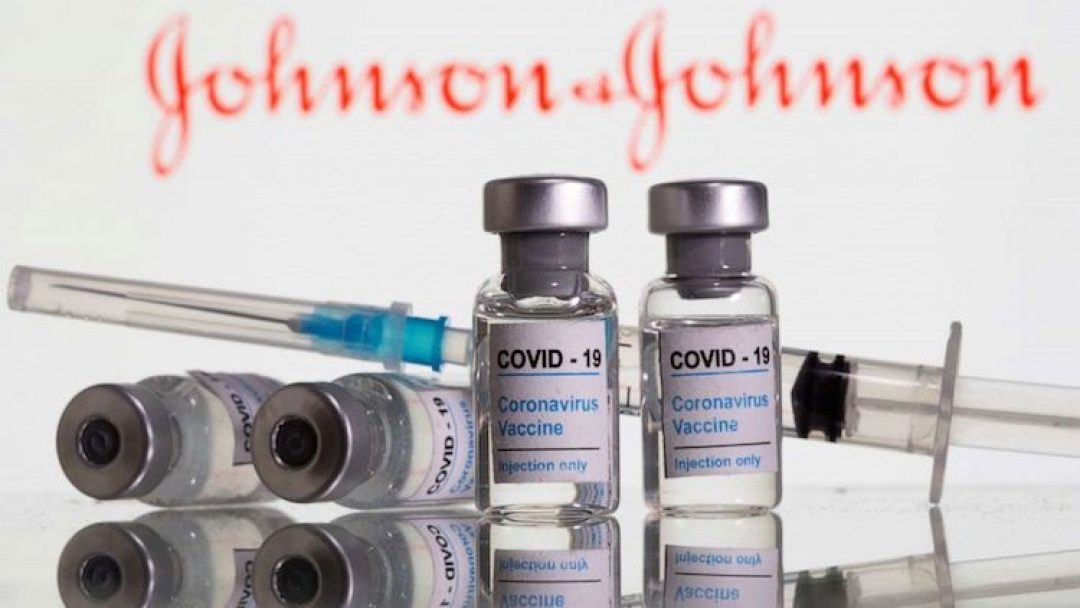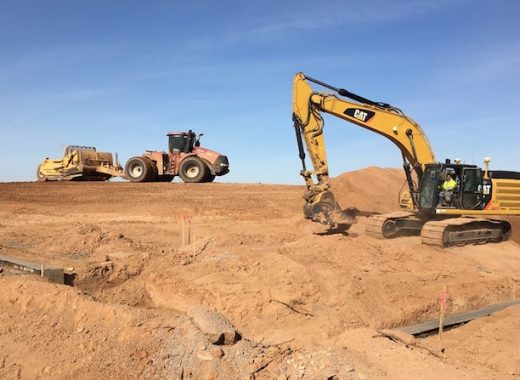As of Tuesday morning, the Arizona Department of Health Services and Maricopa County Department of Health are recommending the pause of the Johnson and Johnson coronavirus vaccine distribution after the CDC and FDA released the same recommendation.
While serious side effects have been very rare, in the last three weeks, if you received the Johnson & Johnson vaccine, here are symptoms you should watch for.
- Severe headache
- Abdominal pain
- Leg pain
- Shortness of breath
The U.S. Food and Drug Administration and the Centers for Disease Control and Prevention are reviewing data involving the single-dose COVID-19 vaccine made by Johnson & Johnson in six cases of a rare and severe blood clot that affected women between the ages of 18 and 48. The six women had a blood clot called cerebral venous sinus thrombosis (CVST) in combination with low levels of blood platelets (thrombocytopenia).
The women’s symptoms occurred between six and 13 days after the shot. Federal officials reported that one vaccine recipient has died and one is in critical condition.
The majority of vaccinated Americans have received the Pfizer or Moderna vaccine. Blood clots and low platelet counts have not been found to be an issue with the Pfizer and Moderna vaccines, which use a different type of vaccine technology, called mRNA.
Estimated Risk of Blood Clot is Low
Some health experts said that the risk of a blood clot is low with the Johnson & Johnson vaccine is still considered less risky than actually getting COVID-19.
“I don’t think if you’ve gotten a J&J vaccine you should be particularly worried,” Tara Kirk Sell, a senior scholar at the Johns Hopkins Center for Health Security said.
“It’s good that the FDA and CDC are taking a close look at this, and it’s good that there is transparency with adverse events. But if we compare it with the risks of getting COVID-19 and having a severe outcome from that, I think the risk balance is still going to be in favor of getting the vaccine.”
In the U.S., nearly 7 million doses of the Johnson & Johnson COVID-19 vaccine have been administered. In Arizona, 122,000 vaccinations have been given. Arizona’s top health official said Friday she was following news out of other states but was not aware of any adverse incidences from the Johnson & Johnson COVID-19 vaccine in Arizona.
Dr. Deepta Bhattacharya, associate professor of immunobiology at the University of Arizona, said in a statement released by the Pima County Health Department that the estimated risk of a blood clot from the Johnson & Johnson COVID-19 vaccine is about 1 in a million, which is a far lower risk than an unvaccinated person has of dying from COVID-19 if they become infected.
Public health experts have already started to voice their concern regarding vaccination hesitancy. They worry the news about Johnson & Johnson will impact vaccine confidence at a time when it’s important for a majority of the population to be immunized to prevent future COVID-19 outbreaks.
“The overall concern for what this does to vaccine hesitancy is almost a larger problem,” Sell said. “This just shows us that we have these symptoms in place to identify when these rare events occur and to say, ‘Wait, we’re going to figure out what is going on.’ I think people should feel comforted and confident about those systems.”
FDA and CDC officials said in Tuesday’s news briefing that’s why they recommended the pause in the distribution of the vaccine. They hope to resolve their concerns quickly and see this as their commitment to transparency and safety in the continued COVID-19 vaccine rollout.
“Right now I’d like to stress that these events appear to be extremely rare. However, COVID-19 vaccine safety is a top priority for the federal government, and we take all reports of adverse events following vaccination very seriously,” acting FDA Commissioner Dr. Janet Woodcock said.
Health officials have expressed their commitment to safety and transparency and to expeditiously learning as much as possible can so that further steps can be taken.
The CDC’s immunization committee is expected to meet Wednesday to review the cases, and the FDA also will investigate.
What Patients Need To Know
While severe outcomes with the Johnson & Johnson COVID-19 vaccine have been rare so far, the CDC and FDA want patients and health care providers to be aware and to keep an eye out for possible symptoms.
The FDA has revised its fact sheet for health care providers administering the vaccine to include information on the adverse events and to make sure providers and patients weigh risks and benefits, Dr. Peter Marks, director of the FDA’s Center for Biologics Evaluation and Research, said during the briefing.
For patients who have recently received the Johnson & Johnson COVID-19 vaccine, there are signs that are important to watch for.
For people who got the vaccine more than a month ago, the risk is considered very low at this time. People who got the vaccine within the past couple of weeks should know to watch for symptoms such as:
-Severe headaches
-Abdominal pain
-Leg pain
-Shortness of breath
Patients experiencing any of those symptoms should contact their doctor immediately and seek medical care.
Those concerned symptoms are different from the flu-like side effects that are typical a couple of days immediately after the vaccine. Those include headaches and muscle pain.
In the six cases concerning blood clots, occurrence happened typically about a week after vaccination and no longer than three weeks after vaccination, with a median of about nine days after.
While the federal recommendation is to pause using that vaccine for now, there has not been a mandate to stop using it, giving patients and health care providers the option to still use the Johnson & Johnson COVID-19 vaccine if they feel it’s appropriate.








